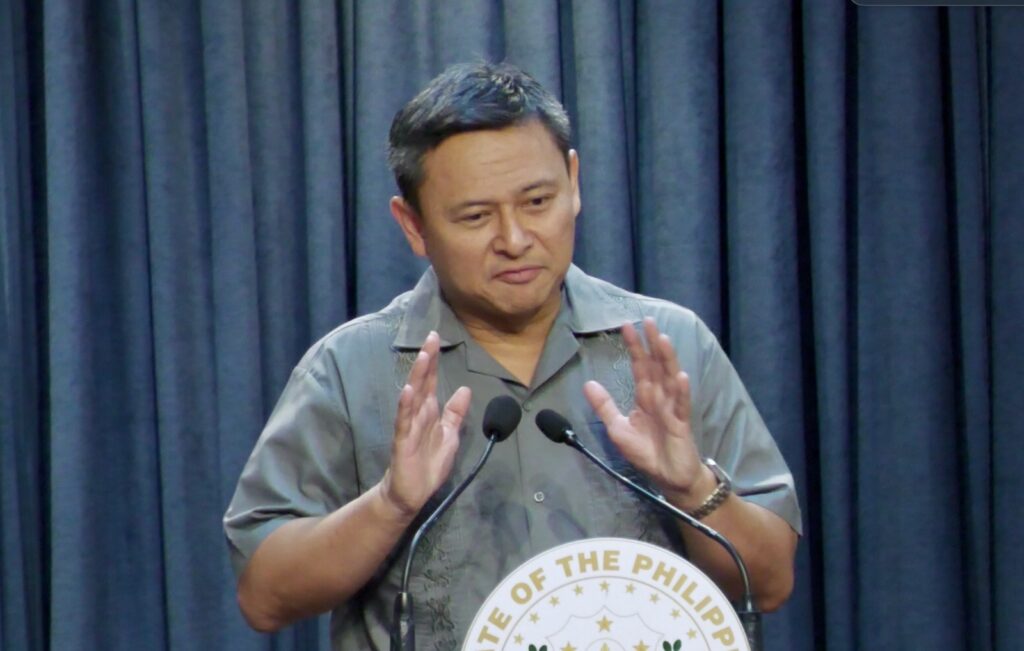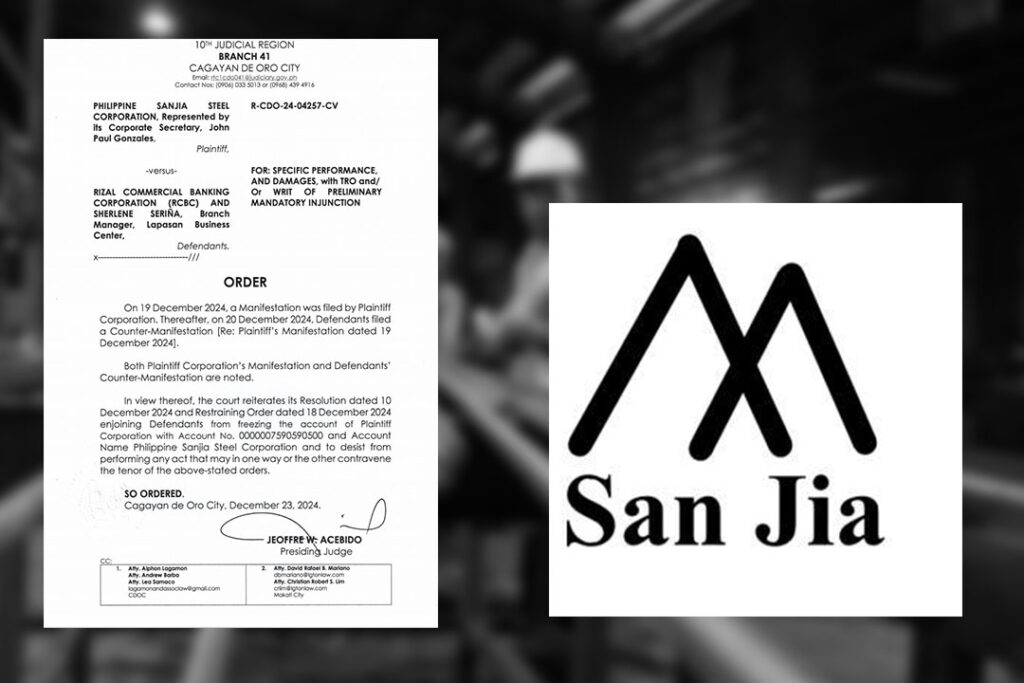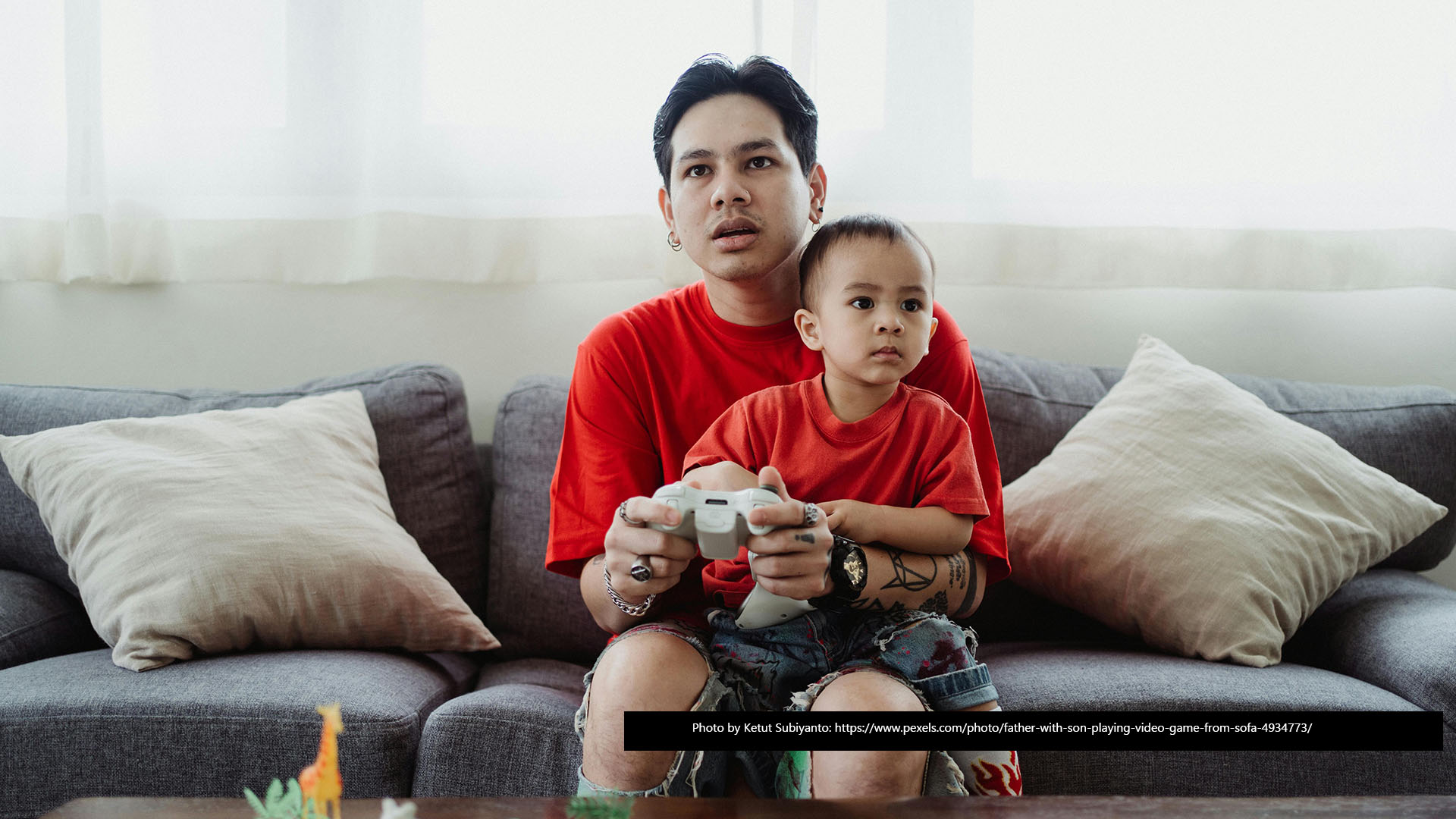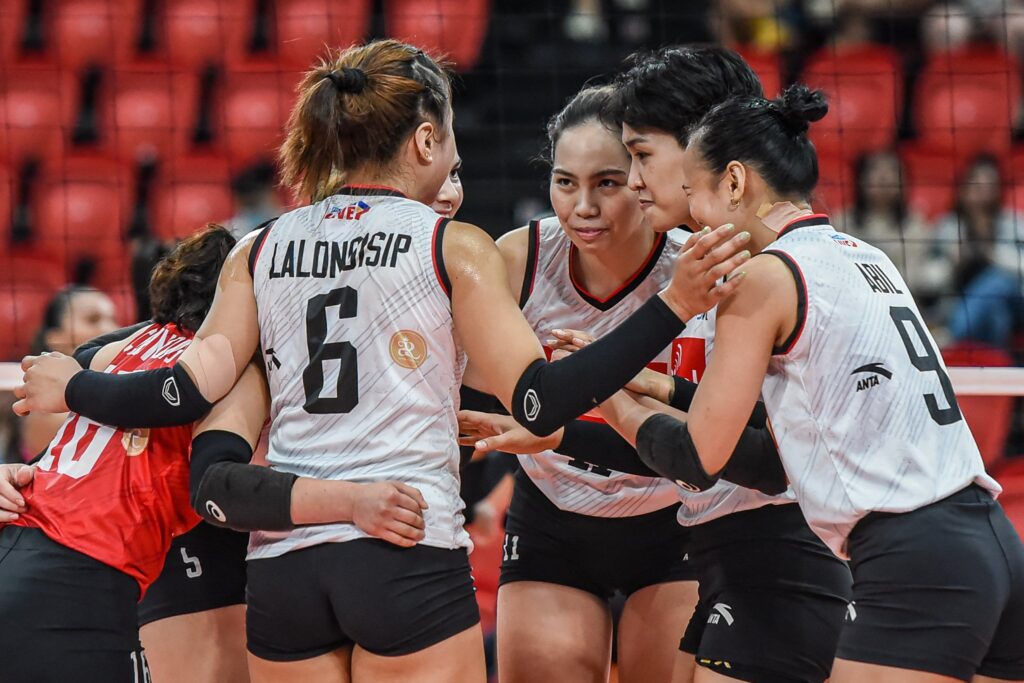MANILA, Philippines — The Department of Education (DepEd) has pledged to prioritize last-mile schools (LMSs) as part of its efforts to improve education access in remote and underserved communities.
“Last mile doesn’t have to be last priority,” Education Secretary Sonny Angara emphasized during a series of school visits in the Cordillera Administrative Region.
Enhancing Education in Remote Areas
Last-mile schools are typically small institutions with fewer than four classrooms, often made from makeshift materials, and lacking electricity, proper facilities, and sufficient funding for expansion or repairs. These schools are situated in geographically challenging locations, requiring long and difficult travel to reach.
Despite these difficulties, LMSs serve fewer than 100 students, with less than five teachers, over 75 percent of whom belong to indigenous communities, according to DepEd.
Angara highlighted that President Marcos has directed DepEd to prioritize investments in last-mile schools, ensuring that education remains inclusive and equitable.
“Our school visits in the Cordillera give us hope, showing that the right interventions can translate to positive outcomes,” he said.
During his visit to Andolor Elementary School, Angara led the turnover of a newly constructed school building, improving learning conditions for students. He also inaugurated a new facility at the Benguet Special Education Center – Inclusive Learning Resource Center, reinforcing DepEd’s commitment to providing quality education for all.
Angara noted that regular visits to different regions allow DepEd to assess on-the-ground challenges and fine-tune education reforms.
GSIS Expands Support for Underserved Schools
As part of broader efforts to support last-mile schools, 30 schools nationwide will receive P400,000 worth of educational materials under DepEd’s adopt-a-school program.
The Government Service Insurance System (GSIS) signed an agreement with DepEd to allocate P400,000 per school until 2027, focusing on institutions in disaster-prone and remote areas.
GSIS general manager Wick Veloso stated that the funds will be used for laptops, tablets, printers, and other necessary learning tools.
“The new agreement expands the original 25 schools to 30, continuing the adopt-a-school program’s decade-long track record of supporting 165 schools, particularly in disaster-affected and last-mile schools,” Veloso said.
Congress to Investigate Alleged ‘Ghost Beneficiaries’ in SHS Voucher Program
Meanwhile, Ako Bicol party-list Rep. Jil Bongalon has urged the House committees on basic education and public accountability to launch a joint inquiry into alleged “ghost beneficiaries” in DepEd’s Senior High School (SHS) voucher program.
Reports suggest that some private schools have been fraudulently listing non-existent students since 2016 to receive illegitimate government subsidies.
Bongalon warned that initial findings indicate these bogus enrollees have cost the government millions, undermining the voucher program’s goal of decongesting public schools and providing financial aid to real students.
During Vice President Sara Duterte’s tenure, concerns were raised that lax oversight allowed the fraudulent practice to continue, with critics arguing that her lack of action enabled the misuse of funds.
While Education Secretary Angara has already launched an internal probe into 12 private schools in nine divisions for allegedly submitting fake enrollment records, Bongalon insisted that Congress must conduct its own investigation to introduce reforms and prevent future abuses.
Beyond the SHS voucher scandal, Bongalon pointed to a broader pattern of financial mismanagement under the Duterte administration.
“Remember retired police officer Arturo Lascañas’ testimony in 2017, where he revealed that funds for supposed ‘ghost employees’ in Davao City – during Rodrigo Duterte’s mayoral tenure – were used for clandestine operations?” Bongalon remarked.
As DepEd works to support last-mile schools and uphold transparency in education programs, stronger oversight and accountability measures will be essential to safeguard public funds and ensure quality education for all Filipino students.











